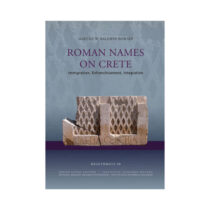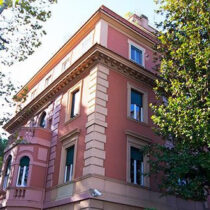The remains of a Roman way station, a roadside building complex equivalent to what would be now a motel were discovered in Sostra, Bulgaria by archaeologists from teh country’s National History Museum.
Acccording to a report by local news website dnevnik.bg, “the site spans a densely built-up area of 6 squ.km. in the valley of the Osam river on the territory of the village of Lomets, Troyan district”. The ancient motel was situated on the Roman “cusrus publicus” that used to join Oescus (now Gigen, Pleven district) with Philippopolis (modern-day Plovdiv). However, despite its low-cost modern offspring, this way station was luxurious and fit for kings as, according to researchers, it served emperors and dignitaries travelling the area. It hosted mausoleum , a necropolis, a castellum and a sanctuary of the Thracian horseman. The complex boasted amenities such as running water ( provided through a complex system of masonry brick channels) and undergroung heating made possible through a hypocaust system. As expected, buildings of a vicus (village), and a part of an ancient road were also found within the site. Among the finds are two gold coins of the Emperor Honorius, dated to AD 402-403.
Authorities from the Troyan municipality, where the site belongs, aim to buy the private property where the remains were found in order to transform the area into an open-air museum, following the necessary conservation procedure.




